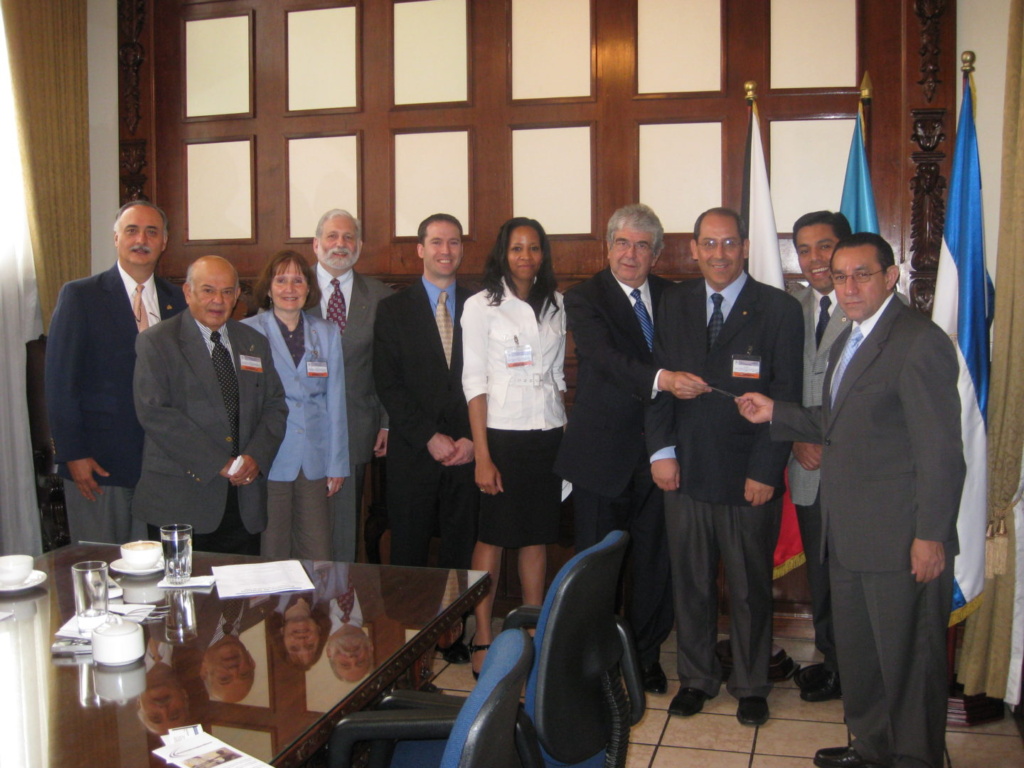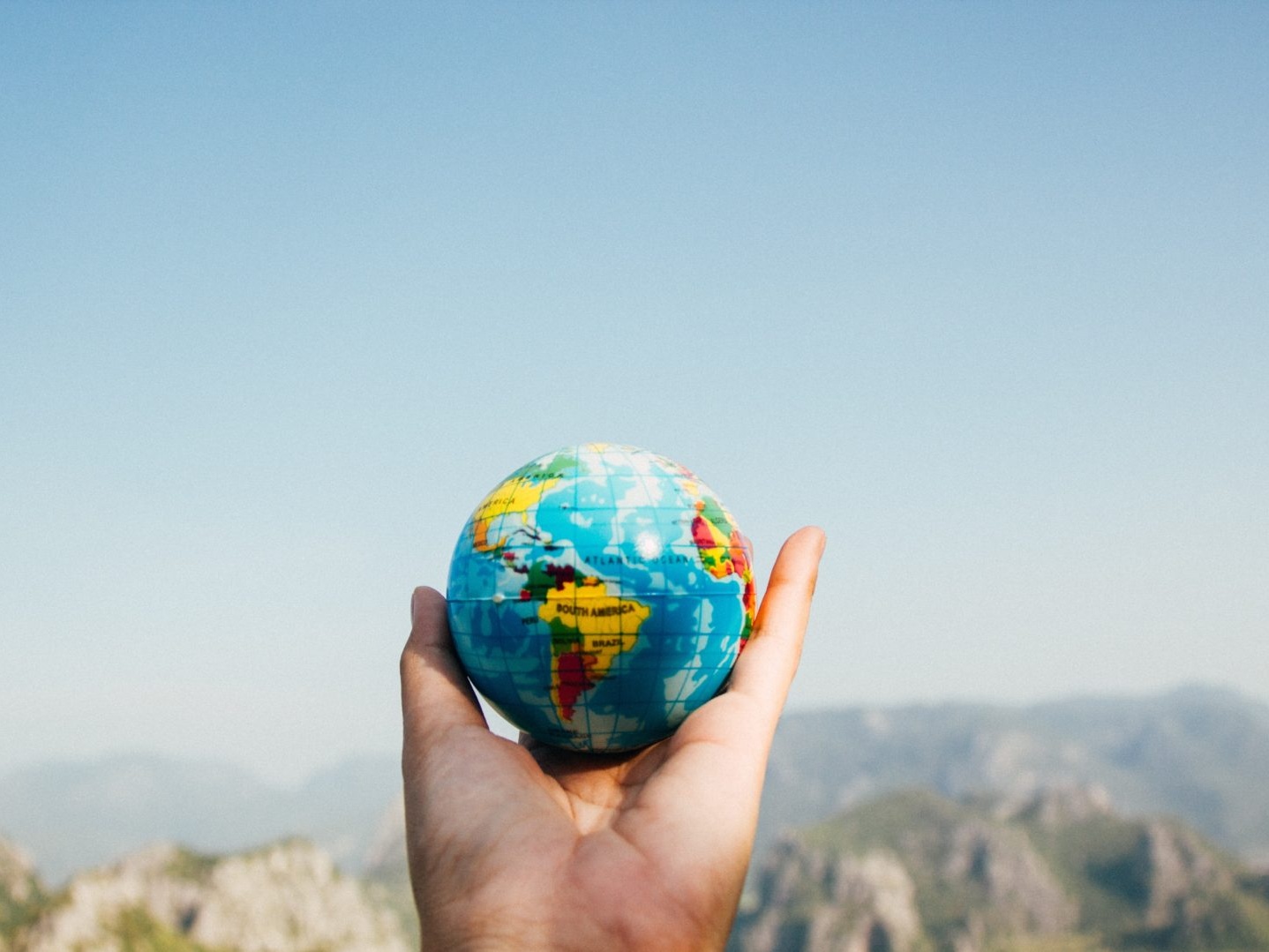There may be no universal understanding of creativity. The concept is open to interpretation from artistic expression to problem-solving in the context of economic, social and sustainable development. Therefore, the United Nations designated 21 April as World Creativity and Innovation Day to raise the awareness of the role of creativity and innovation in all aspects of human development.
The creative economy too has no single definition. It is an evolving concept which builds on the interplay between human creativity and ideas and intellectual property, knowledge and technology. Essentially it is the knowledge-based economic activities upon which the ‘creative industries’ are based.
Creative industries –which include audiovisual products, design, new media, performing arts, publishing and visual arts– are a highly transformative sector of the world economy in terms of income generation, job creation and export earnings. Culture is an essential component of sustainable development and represents a source of identity, innovation and creativity for the individual and community. At the same time, creativity and culture have a significant non-monetary value that contributes to inclusive social development, to dialogue and understanding between peoples. Today, the creative industries are among the most dynamic areas in the world economy providing new opportunities for developing countries to leapfrog into emerging high-growth areas of the world economy.



